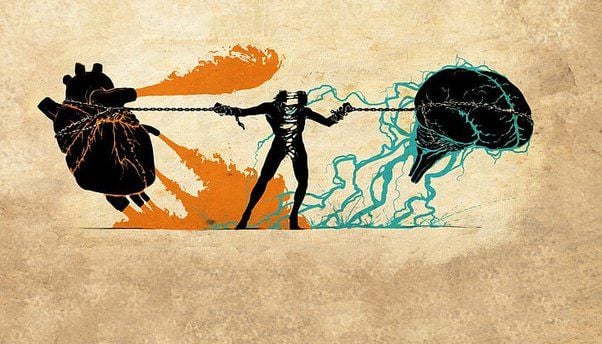Mastering Emotional Reactions for Sustainable Success
Bahadır Aktan
12/10/20242 min oku


Mastering Emotional Reactions for Sustainable Success
In our fast-paced world, both in professional and social settings, we constantly encounter situations that our brain perceives as threats. At the core of these reactions lies a small yet powerful part of our brain: the amygdala.
The amygdala plays a critical role in processing emotions, particularly fear, anger, and learning. When it detects a threat—whether real or perceived—it triggers an instinctive response: Fight or Flight. While this mechanism was crucial for survival in early human history, it often works against us in today’s world.
Why “Fight or Flight” No Longer Serves Us
In our modern professional and social lives, reacting impulsively through fight (confrontation, aggression, defensiveness) or flight (avoidance, withdrawal, disengagement) can lead to significant consequences:
• Damaged relationships – Reacting impulsively can create tension and break trust.
• Lost opportunities – Fear-based avoidance can prevent growth and progress.
• Lack of innovation – A defensive mindset stifles collaboration and creativity.
• Reduced effectiveness – Emotional reactivity shifts focus away from problem-solving.
The Shift: From Instinct to Intelligence
As human societies transitioned from hunter-gatherer lifestyles to structured civilizations, ethics, education, and meritocracy replaced our primal survival instincts. Today, success and progress depend not on reacting instinctively, but on acting thoughtfully and strategically.
To break free from impulsive emotional responses, we must develop the ability to:
1. Pause and assess – Instead of immediately reacting, take a step back and analyze the situation.
2. Shift perspectives – Evaluate the issue from multiple angles before forming a judgment.
3. Rely on core values – Let ethics, education, and merit guide your decisions.
4. Cultivate constructive behaviors – Foster collaboration, problem-solving, and open communication.
By practicing self-awareness and emotional regulation, we can transform challenges into opportunities and strengthen relationships rather than damage them.
Building a Culture of Sustainable Success
For long-term success—both individually and collectively—we must identify and uphold values that promote:
• Trust and integrity in relationships
• Collaboration and teamwork over competition
• Innovation and growth rather than fear-based decision-making
• Measured responses instead of impulsive reactions
Yes, achieving this level of emotional intelligence is not always easy. However, those who cannot exercise restraint should not seek power. Leadership, success, and influence belong to those who can control their impulses and act with wisdom.
By strengthening our ethics, education, and merit, we can rise above primitive reactions and lead with clarity, confidence, and purpose.
Final Thought
The challenge is not in eliminating emotions but in mastering them. When we learn to redirect our instinctive fears into constructive action, we unlock true leadership, resilience, and sustainable success.
Are you leading your decisions with reaction or reflection? The choice is yours.